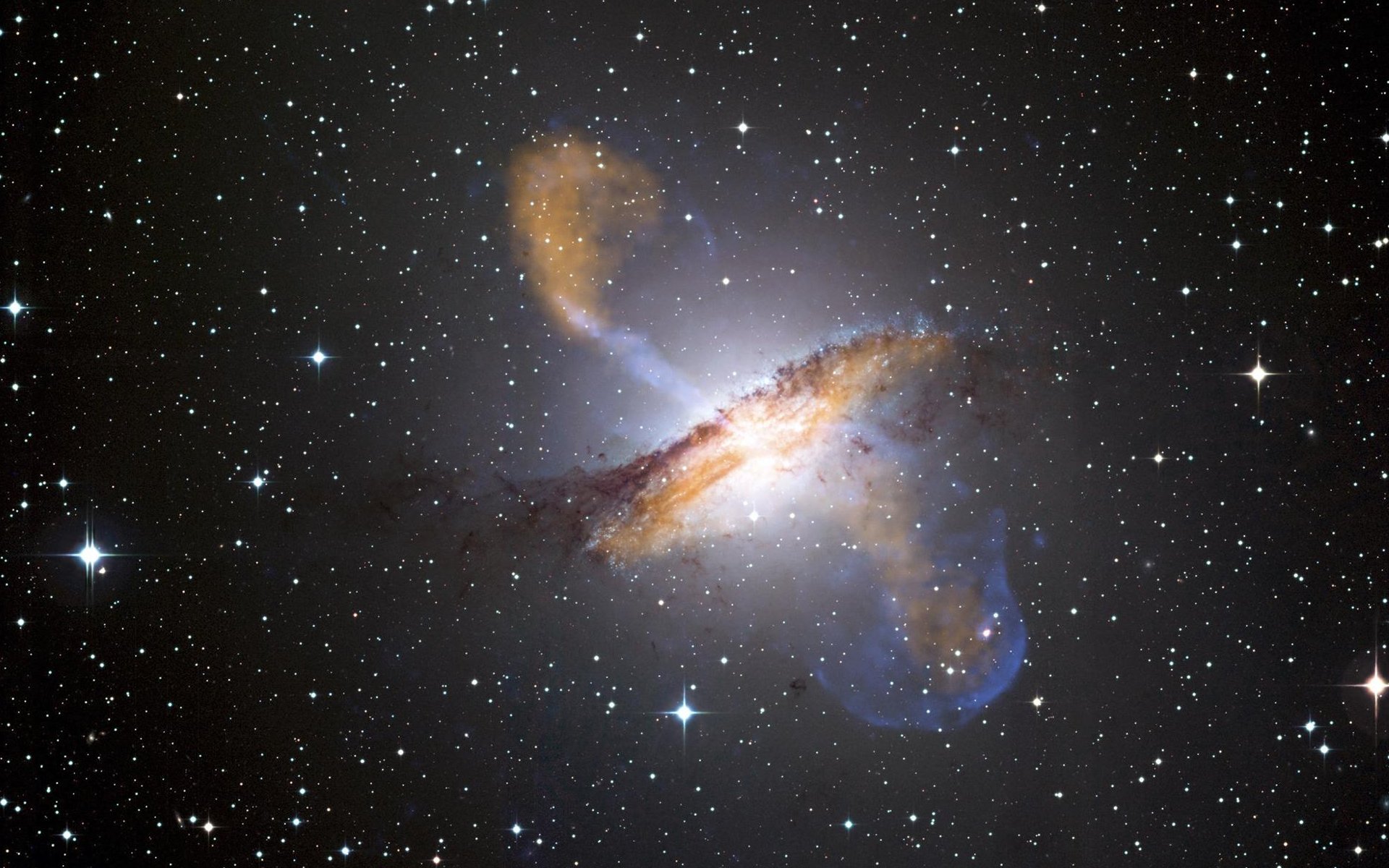Dear Editor,
In The Fifty-Sixth Century (WIR, vol. IX, no. 5) you make the point that the explosion of knowledge—both secular and religious—that we have seen in the past 300 years is a prelude (“foretaste” is the word you use) to the messianic era.
It is true that Maimonides describes the messianic age as a time when “wisdom and knowledge will proliferate” (Mishneh Torah, Laws of Repentance 9:2). But he also describes it as a time “when there will be no hunger, no war, no jealousy and no competitiveness; for the good shall be in great abundance, and all delicacies available as the dust” (ibid., Laws of Kings 12:5).
Well, we are certainly seeing an unprecedented abundance of material wealth. But is this making us less greedy, less jealous and less competitive? Is there less hunger in the world? Fewer wars?
Are there any “foretastes” that you can point to in these areas?
Joe Kazenofski
Cleveland, Ohio
Dear Joe,
In a recent article (“The Digital Bubble,” The New Yorker, January 19, 1998), Kurt Andersen marvels over the fact that, “a year ago, I spent fifteen or twenty dollars a week at the newsstands for the Washington Post, the New York Post, the News, and the Times. Why do the publishers of all those papers (and of magazines) now let me read them free, on the Web? … Why do network-news divisions spend tens of millions of dollars a year on Web sites that generate a pittance in advertising revenue?”
His conversations with leading information providers on the Internet lead Mr. Andersen to conclude that they are motivated by a “confused mixture of vanity and panic … they’re giving the product away not to maintain market share or to crush a competitor across the street but because—well, it’s new, and, you know, everybody else is doing it. It’s strange: in this era of unsentimental hypercapitalism, wishfulness and peer-group pressure rule.” The Internet, according to Mr. Andersen, is a “financial mania, a bubble,” a result of “this improbable accident of history—giddy journalists and giddy money managers enthralled at the same moment by the same new gadgetry.”
I beg to differ. The phenomenon Mr. Andersen describes is indeed an amazing one, marking a radical departure from the way that “market forces” have shaped our lives until now. But it is not a passing mania, a bubble on the brink of bursting. It is the vanguard of a new age, the Age of Knowledge, which will redefine our very notions of ambition, power, and personal gain.
For thousands of years, achievement has been defined in material terms: money, territory, access to the earth’s physical resources. Men and nations competed for these things, for they were the ultimate measure of success and the ultimate underpinnings of power.
The physical world is finite: there is a limited amount of gold, fresh water and arable land on our planet. Having more of these things means that someone else will have less. Historically, then, Maimonides’ ignoble foursome—hunger, war, jealously and competitiveness—have gone hand-in-hand. Men and nations competed over our earth’s physical resources; because these resources are limited, they were jealous of each other’s gains; their jealousy begot conflict and wars (waged with troops and weaponry, or with financial clout and market strategies), with the spoils going to the victor and the loser suffering hunger and want.
Today, however, material wealth is being replaced by another standard of achievement: knowledge. Increasingly, power is becoming equated with information and know-how, rather than with territory or financial assets. And the thing about knowledge is that when you share it with others, you do not deplete your own reserves. On the contrary: you enhance your knowledge by applying it to the diverse circumstances of those with whom you share it, and you establish yourself as a “source” and “authority” in your particular field of expertise. In the Age of Knowledge, the more you give, the more you grow.
This is what all those companies and publishing houses are doing when they are “giving away the product.” No, they have not become less greedy, less hungry for achievement. But they are recognizing that the rules of the game are changing; that as knowledge replaces money as the currency of power, the way to compete is by establishing yourself as a provider of knowledge, rather than by ringing up more sales and amassing more cash.
So even before the proliferation of knowledge will bring about the profound changes in human nature that characterize the messianic era—even while greed and personal gain still hold sway as the forces that drive much of human life—we’ll be seeing a lot more sharing and giving, and a lot less jealousy, conflict and want.
Yanki Tauber







